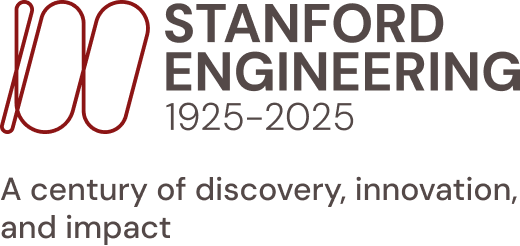Dennis Wall: The changing face of autism diagnosis and treatment
The current process for diagnosing autism requires no less than 10 hours of intensive doctor-to-patient observation.
It is expensive and time-consuming, says autism expert Dennis Wall, an associate professor of pediatrics and of biomedical data science at Stanford. Wall is developing new ways to tackle the problem.
He says advances in machine learning, a branch of artificial intelligence focused on training computers to perform important medical tasks, stand to shake up the field. He’s developing computer models that can spot autism by watching just a few minutes of video of a child at play in their natural home environment.
With these technologies, diagnosis happens in as little as four minutes. In addition, Wall says, scoring can be done by non-experts, rather than highly trained psychiatrists, lowering the costs further. He thinks such AI models could reduce bottlenecks and get kids with autism into treatment sooner, a key to maximizing the treatment’s effect.
Beyond diagnosis, Wall says that digital technologies together with AI are also changing therapeutics. For example, he’s developing augmented reality applications, one for Google Glass, that can help autistic kids better recognize and learn emotional cues — anger, joy, sadness — in the faces of others, a particular challenge for those with autism. Another that goes beyond the wearable form factor to even more ubiquitous technologies — your phone — is an app that can teach social skills through fun but poignant AI-enabled games, such as charades, where imitation advances the child’s social skills as the AI engine tracks progress automatically.
Join host Russ Altman and autism expert Dennis Wall for a peek into the rapidly changing world of autism diagnosis and treatment.



